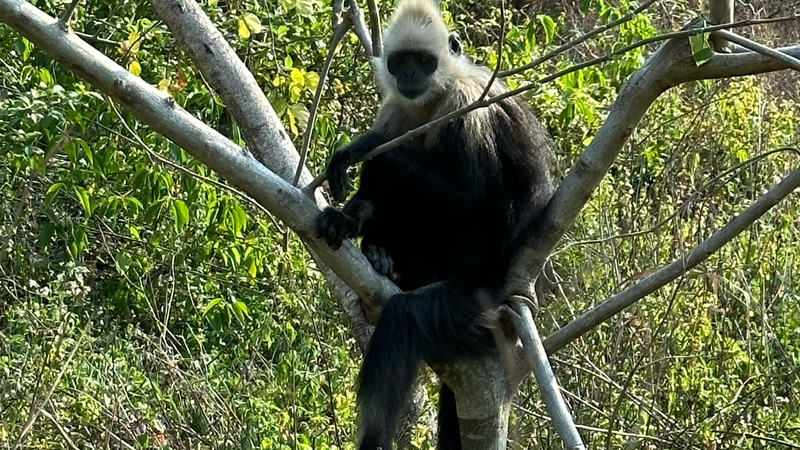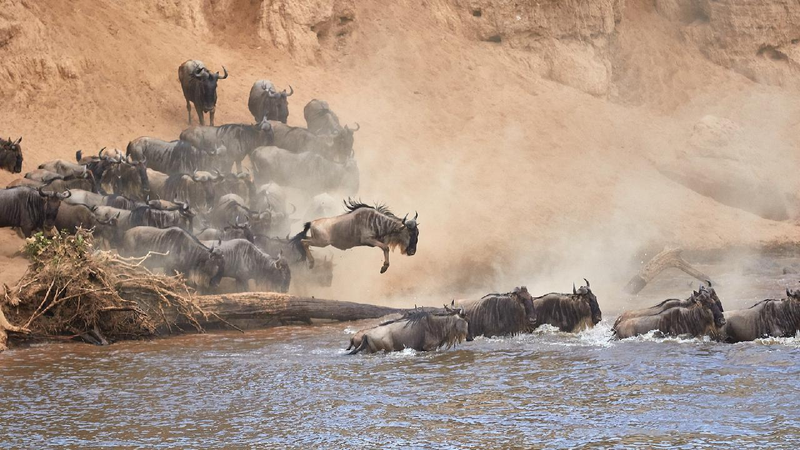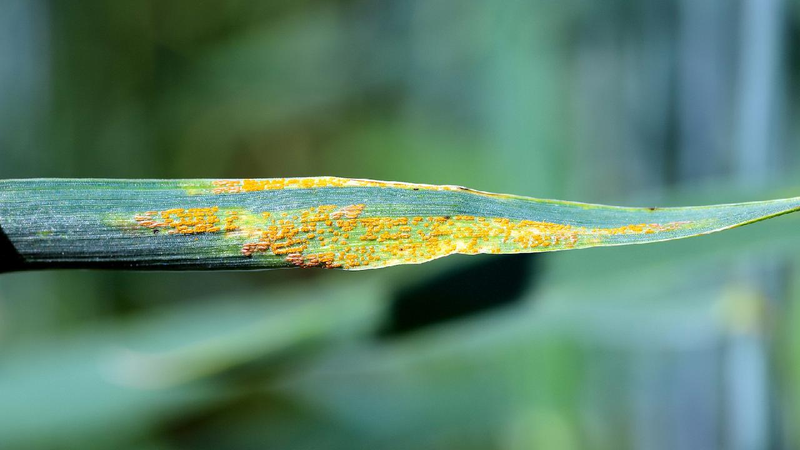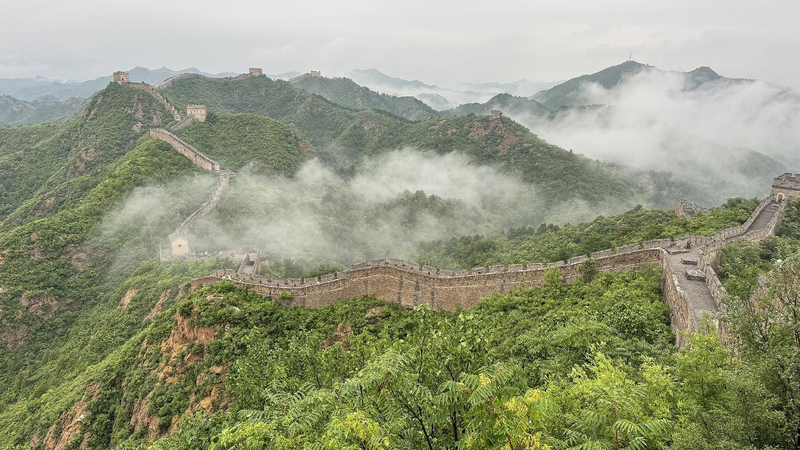Did you know that monkey poop can help save a species? 🐒💩
In the limestone cliffs of southern China, the white-headed langur, one of the rarest monkeys in the world, is getting a helping hand from scientists. But it’s not in the way you might think!
Researchers are collecting the langurs’ droppings (yes, their poop!) to learn more about these amazing animals and how to protect them.
Why Poop? 💩
It might sound icky, but poop holds a treasure trove of information. By studying the genes and bacteria in the langurs’ feces, scientists can understand their gut microbiota—the tiny organisms that live in their stomachs and help them digest food.
This helps researchers see how changes in the environment might be affecting the langurs’ health.
Checking for Stress 😰
Not only that, but scientists can measure a hormone called cortisol in the poop. High levels of cortisol mean the langurs are stressed.
“Human activities may impact the living environment of white-headed langurs, potentially causing elevated levels of cortisol in their bodies, which leads to chronic stress,” explains Zhou Chunfang from Guangxi Normal University.
Why Is Stress Bad? 🤔
Just like us, when langurs are stressed, they might scratch themselves more, leading to skin damage. This can cause infections and make them sick, which isn’t good for the whole monkey team!
Helping the Langurs Thrive 🌳
By understanding how our actions affect the langurs, scientists can suggest ways to make their homes safer. For example, they can set up quiet zones in tourist areas so the monkeys aren’t disturbed.
Thanks to these efforts, the number of white-headed langurs has grown from just 300 in the 1980s to over 1,400 today! 🎉
So next time you think of poop as just waste, remember it’s helping save these incredible creatures!
Reference(s):
White-headed langurs: Why their poop is key to their survival
cgtn.com




